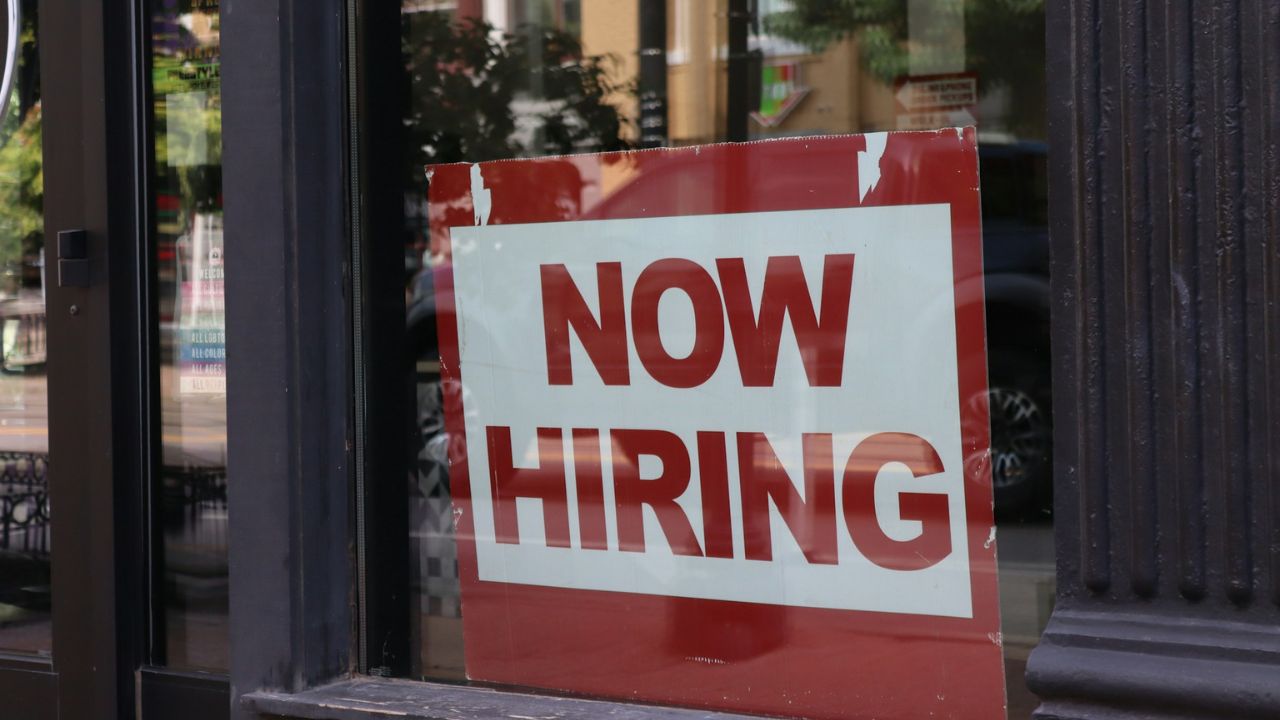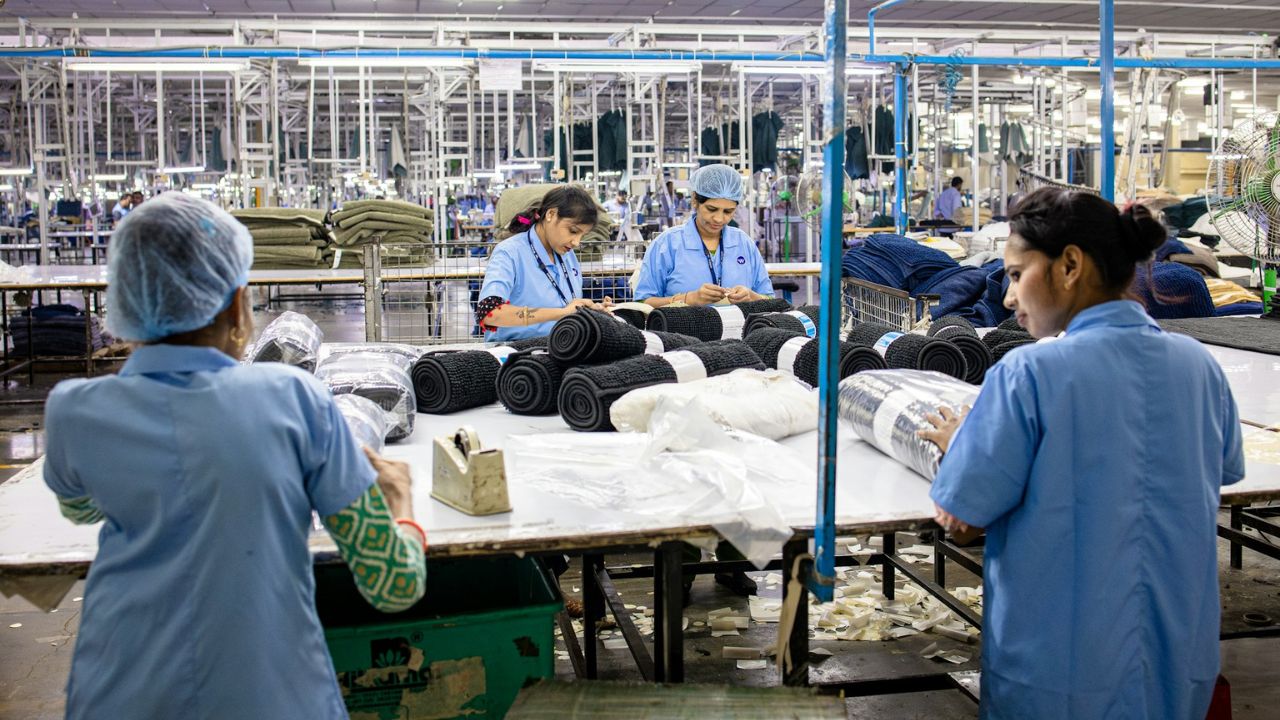Modern-day slavery hides in plain sight, from fields to homes to factory lines. It is not only overseas. Under U.S. law since 2000, trafficking means force, fraud, or coercion to exploit work. In 2021, global estimates reached about 50 million people in forced labor or forced marriage. You can learn real signs, laws, and safe steps to help. In the United States, call 888-373-7888 or text HELP to 233733 for 24/7, confidential help. If you see danger, dial 911.
1. What Modern Slavery Looks Like Today

Modern slavery is control, not chains. It includes forced labor and debt bondage. In the United States, the Trafficking Victims Protection Act was passed in 2000, and Congress reauthorized it several times. Victims may have wages taken, papers seized, or threats made against family. Worksites vary, from hotels to farms to private homes. Never confront a suspected trafficker yourself. Document details you can safely observe, then share them with trained responders. Movement across a border is not required under U.S. law.
2. Supply Chains, From Phones to Fashion

Forced labor can sit inside supply chains for phones, clothes, and food. Since 1930, Section 307 of the U.S. Tariff Act has banned imports made with forced labor. In 2010, California passed a transparency law for big retailers and manufacturers. The United Kingdom followed in 2015 with national reporting. In 2021, the United States enacted the Uyghur Forced Labor Prevention Act, which took effect in 2022. Smart buying starts with checking labels, asking questions, and buying less, not just new. Today.
3. Domestic Work and Hidden Homes

Domestic work happens behind closed doors, which can hide abuse. Some housekeepers, nannies, or caregivers face 12-hour days, no days off, and seized passports. In 2015, U.S. wage rules expanded to cover most home care workers under the Fair Labor Standards Act. Many live where they work, which increases control. Warning signs include someone speaking for a worker, refusing to let them hold ID, or controlling movement. If you hear someone ask for help, call 911. For nonemergencies, use 888-373-7888 or text HELP to 233733 for guidance.
4. Online Recruitment and Grooming Tactics

Traffickers recruit online with fake jobs, modeling offers, or promises of travel. They push quick decisions, ask for fees, and request passports or Social Security numbers by message. In the United States, real employers do not charge recruitment fees for hourly jobs. Interviews happen in safe, public places. Keep chats and screenshots. Tell a trusted adult where you are going. Meet with a friend present. If an offer sounds secret or rushed, step back, verify the business license, and say no. Report scams to the FTC at 877-382-4357.
5. Agriculture, Fishing, and Remote Worksites

Remote worksites can hide abuse. In agriculture, crews may move state to state following harvest calendars from April to October. In 2015, a major news investigation exposed forced labor on Southeast Asian fishing boats that stayed at sea for months. In the United States, workers must be paid at least the federal minimum wage, set at $7.25 per hour since 2009, with narrow exemptions. If you tour a farm or dock, stay with guides, follow posted rules, and keep a safe distance from heavy equipment and lines.
6. Child Labor, Minerals, and Cocoa

Some goods link to child labor, especially where families lack other income. In 2020, a large study estimated about 1.56 million children worked in cocoa in Ghana and Côte d’Ivoire during 2018 to 2019. In the mineral trade, cobalt mined in the Democratic Republic of the Congo enters batteries for phones and cars. Teens in the United States can help by checking labels, supporting fair trade programs, and choosing to buy less. Never travel to a mine site or confront smugglers. Personal safety comes first.
7. Forced Marriage and Control at Home

Forced marriage is modern slavery when someone cannot refuse or leave. In 2021, global estimates placed about 22 million people in forced marriages. U.S. rules vary by state, and several states now set 18 as the minimum age with no exceptions. Since 2018, states including Delaware and New Jersey adopted that standard. Control can include taking a phone, isolating someone, or threats tied to immigration or family honor. If you or a friend feels pressured, seek help from a counselor or trusted adult first, then contact 888-373-7888 for confidential guidance.
8. How Teens Can Travel and Work Safely

Safety builds from small steps. Share your location with a family member, meet in public places in daylight, and keep copies of your ID and tickets. Do not surrender your passport to an employer. In the United States, legitimate jobs list wages in dollars per hour and do not charge hiring fees. Before a trip, save 911 and 888-373-7888 in your phone. If something feels off, leave and call a trusted adult. When in doubt, choose the boring option, not the risky shortcut. Your safety matters more than any deal.


